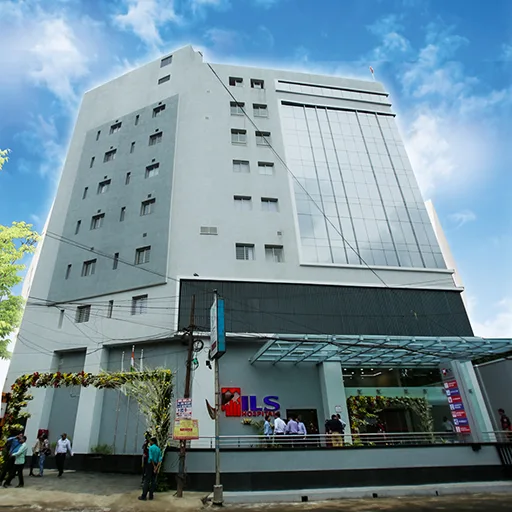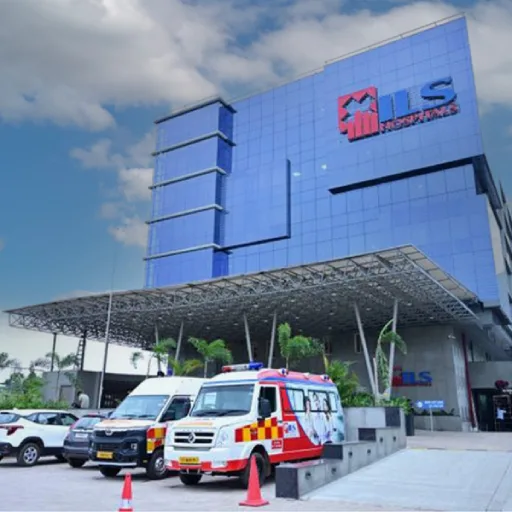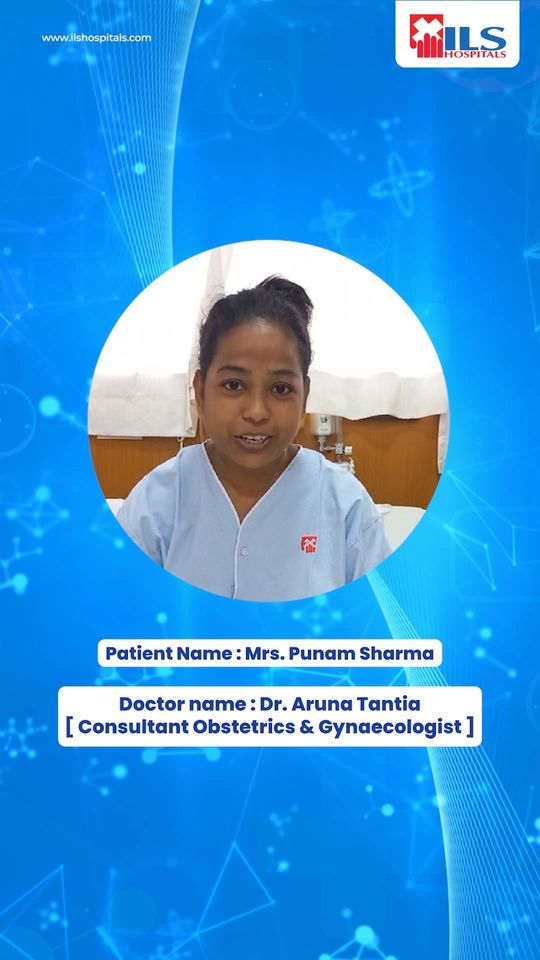Microbiology
Microbiology is a vital branch of medical science that deals with the study of microorganisms such as bacteria, viruses, fungi, and parasites, and their role in human health and disease. At ILS Hospitals, the Department of Microbiology plays a critical role in the diagnosis, prevention, and management of infectious diseases. By combining advanced laboratory technology, expert analysis, and stringent quality standards, the department ensures timely and accurate results that form the backbone of effective patient care.
Scope of the Microbiology Department
The department handles a wide spectrum of diagnostic services, including bacterial culture and sensitivity testing, viral detection, fungal identification, and parasitology. It plays a crucial role in diagnosing infections such as tuberculosis, sepsis, respiratory tract infections, urinary tract infections, gastrointestinal diseases, and hospital-acquired infections. Specialized tests for antibiotic resistance, such as MRSA and ESBL detection, help guide targeted and effective treatment strategies.
Expert Team and Advanced Facilities
At ILS Hospitals, the Microbiology department is staffed by experienced microbiologists, laboratory technicians, and infection control specialists. The team follows internationally recognized protocols and maintains strict adherence to biosafety measures. Equipped with automated culture systems, real-time PCR machines, ELISA analyzers, and advanced microscopy, the department ensures high accuracy, quick turnaround times, and reliable reporting for clinicians.
Infection Control and Hospital Safety
One of the key roles of the Microbiology department is infection prevention and control within the hospital. The team works closely with the Infection Control Committee to monitor hospital hygiene, sterilization procedures, and antimicrobial stewardship programs. Regular surveillance of hospital environments helps in early detection and control of potential outbreaks, safeguarding both patients and healthcare staff.
Support for Clinicians
Microbiology services at ILS Hospitals are deeply integrated into the hospital’s clinical care system. The department works in close collaboration with physicians, surgeons, and specialists to interpret lab findings and recommend appropriate antimicrobial therapy. This partnership ensures that patients receive the most effective treatment while minimizing unnecessary or inappropriate use of antibiotics.
Specialized Testing for Public Health
In addition to routine diagnostics, the department conducts specialized tests during outbreaks and public health emergencies. Whether it’s rapid detection of seasonal flu viruses, COVID-19, or foodborne pathogens, the Microbiology team provides critical data that guides timely interventions and community health measures.
Quality Assurance and Accreditation
To maintain the highest standards, the department participates in internal and external quality control programs. Regular staff training and strict adherence to accreditation guidelines ensure that laboratory processes are both accurate and ethically conducted.
Research and Continuous Development
The Microbiology department also contributes to ongoing research and innovation, studying emerging pathogens and resistance patterns. This helps in shaping treatment guidelines, developing new diagnostic approaches, and strengthening the hospital’s ability to respond to evolving infectious threats.
The Department of Microbiology at ILS Hospitals is much more than a diagnostic unit—it is a cornerstone of patient safety, clinical excellence, and public health protection. Through advanced technology, expert knowledge, and a commitment to precision, the department ensures that infections are detected early, treated effectively, and prevented whenever possible. In doing so, it plays an indispensable role in safeguarding the health of patients and the community.
























